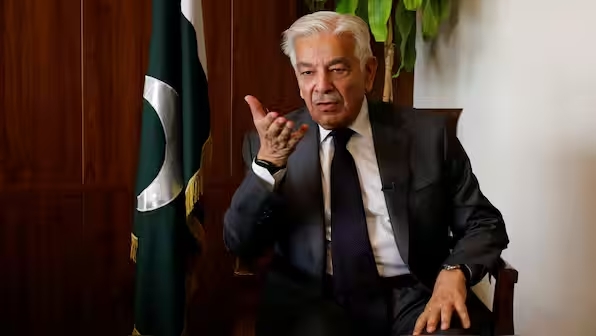Pakistan’s ceasefire with the Afghan Taliban depends on ending cross-border attacks, Defence Minister Khawaja Asif said on Monday, stressing that the agreement will only hold if Kabul stops militants from using Afghan soil to strike Pakistan.
Speaking to Reuters in Islamabad, Asif stated that “anything coming from Afghanistan will be a violation of this agreement,” adding that “everything hinges on this one clause.” The ceasefire, signed by Pakistan, Afghanistan, Turkiye, and Qatar, explicitly prohibits any form of territorial incursion, he said.
“We have a ceasefire agreement as long as there is no violation of the agreement which is already in force,” the minister affirmed.
According to Asif, the Tehreek-e-Taliban Pakistan (TTP), an umbrella group of militant factions, continues to operate from Afghanistan “in connivance” with the Taliban, targeting Pakistani security forces and civilians alike.
Pakistan recently carried out airstrikes in Kabul, including one on October 9 targeting TTP chief Noor Wali Mehsud, who later appeared alive in a video. Defending the strikes, Asif remarked, “We were being attacked. Our territory was being attacked. So we just did tit for tat. Wherever they are, we will attack them. Kabul is not a no-go area.”
Deputy Prime Minister Ishaq Dar, welcoming the Doha agreement, called for a “concrete and verifiable monitoring mechanism” to curb terrorism originating from Afghan territory. He noted that the next meeting, to be hosted by Turkiye, would focus on establishing this oversight system.
Asif also urged the Pakistan Tehreek-e-Insaf (PTI) to move beyond political interests, saying that while welcoming the Doha agreement was positive, they should also “condemn terrorism.” He added that Pak-Afghan relations should not be viewed merely through the lens of “business interests.”
The ceasefire with the Afghan Taliban depends on ending cross-border attacks, and Islamabad has made it clear that any violation from Afghan soil will nullify the agreement.

